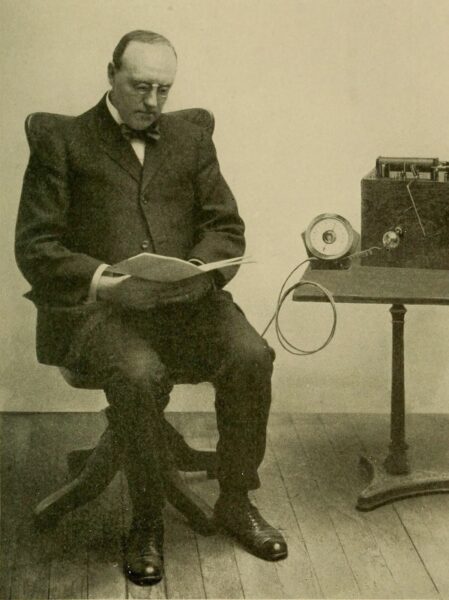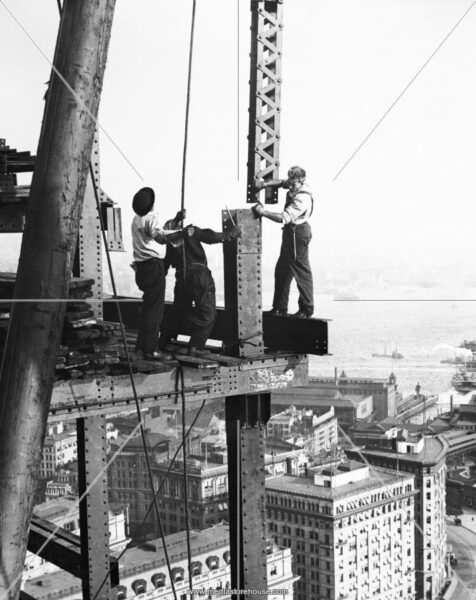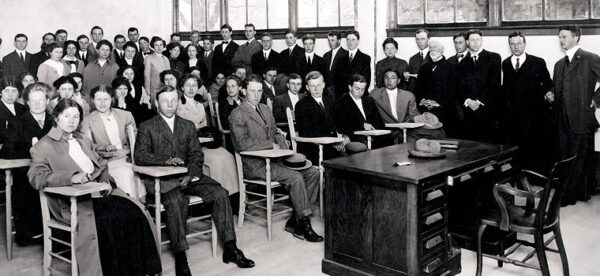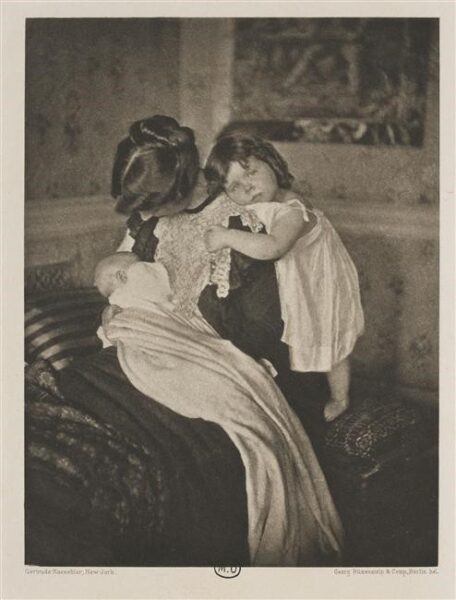Archive for the ‘Workplace Privacy, Health and Safety’ Category

CHECK OR DEBIT CARD
Changes to California’s Mandatory Workplace Pamphlets on State Benefit Programs California employers must provide certain government-issued pamphlets or information sheets to new hires, to employees on certain types of leaves of absence, and to workers upon termination of employment. The California Employment Development Department (EDD) — overseeing unemployment and disability benefits, payroll tax collection, and […]

ALL IN THE FAMILY
New Workplace Notice Available For Family Related Leaves Starting April 1, 2019, covered California employers must post the new Family Care and Medical Leave and Pregnancy Disability Leave notice (DFEH-100-21/March 2019). Previously, the notice was only for employers with 50 or more on payroll. It summarized employee rights and responsibilities when requesting Family Care […]

FOR WHOM THE BELL TOLLS…
KNOCK, KNOCK When It’s Your Turn For a Government Payroll Audit For California, the Employment Development Department (EDD) is responsible for the administration of unemployment and disability insurance, workforce training services and payroll audits. The agency has the power to impose significant, potentially fatal penalties for non-compliance. An EDD visit to look over pay practices […]

HAIRSTYLE DISCRIMINATION
California Aims to Protect Workers Against Race-Based Natural Hairstyle Bias Federal, state and local laws have long banned workplace racial discrimination. A recent trend seeks to expand such protections to various race-based traits, particularly certain hairstyles. Under California’s now-pending Senate Bill (SB 188), workplace dress or grooming policies prohibiting natural hairstyles, including Afros, braids and […]

SAFETY SAFEGUARDED
Required Injury and Illness Recordkeeping and Posting in California California law requires most employers who have had more than 10 employees on payroll during the last calendar year to keep illness and injury records for each worksite. Covered employers must also conspicuously post at each worksite an annual accident and injury summary for the prior […]

DFEH CHARGED SAN DIEGO CREDIT UNION WITH FAILING TO ACCOMMODATE DISABLED EMPLOYEE
The California Fair Employment and Housing Act (FEHA) requires employers with five or more on payroll to engage in an “interactive process” with a worker requesting disability-related accommodation. The employer must have timely, good faith and ongoing discussions to explore if and how to reasonably accommodate the physically or mentally disabled worker’s ability to perform the essential functions of his or her job. Failure to do so can be a costly error.

WHAT’S NEW FOR 2019 CALIFORNIA’S INCREASED PROTECTIONS AGAINST WORKPLACE HARASSMENT
In addition to the safeguards we have recently reported, the California legislature has enacted other significant “Me-Too”-inspired legislation effective January 1, 2019 to further prevent workplace harassment and encourage those targeted to prevail on their claims: Optional Bystander Intervention Training Authorized. Employers may, but are not required to, provide bystander intervention training and guidance to […]

CAUTIONARY TALES EPISODE 23
Construction Accidents Kill Two with Resulting Large Fines against the Employers Two recent Cal/OSHA cases underscore the need for effective safety measures, especially in hazardous conditions. Cal/OSHA cited two employers after an employee of each died as the result of a trench collapse. In April 2018, Bay Construction Co. was installing underground pump equipment at […]

WHAT’S NEW IN 2019 #METOO AND THE WORKPLACE
Sexual Harassment Prevention Training Now Required for Nearly All California Businesses and Each Employee The #MeToo movement has spurred the California Legislature to significantly expand mandatory sexual harassment prevention training to all employers with five or more on payroll, including seasonal and temporary workers. Companies now must train supervisors and subordinate workers alike. Previously, only […]

WHAT’S NEW FOR 2019 NURSING MOMS AND THE WORKPLACE
California employers must make reasonable efforts to provide their lactating employees with the use of a room or location – other than a toilet stall – in close proximity to the employee’s work area for the employee to express breast milk in private. Effective January 1, 2019, amended California Labor Code section 1031 will […]
